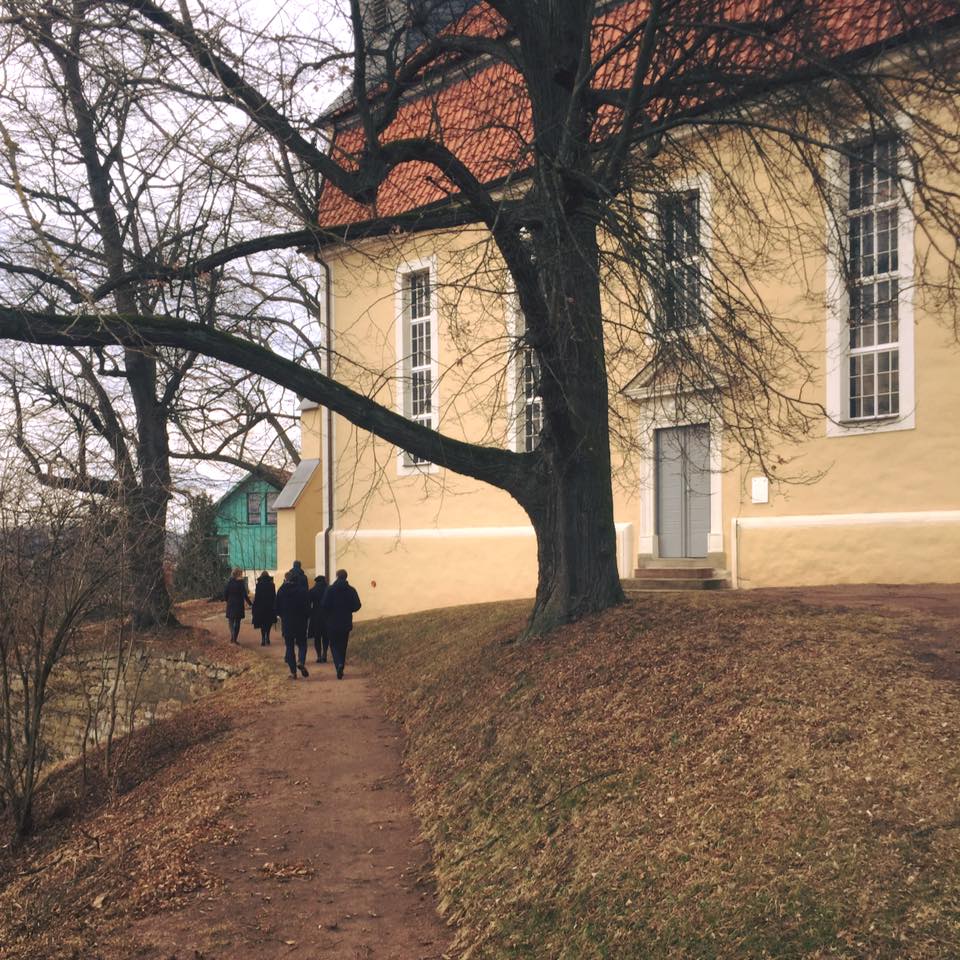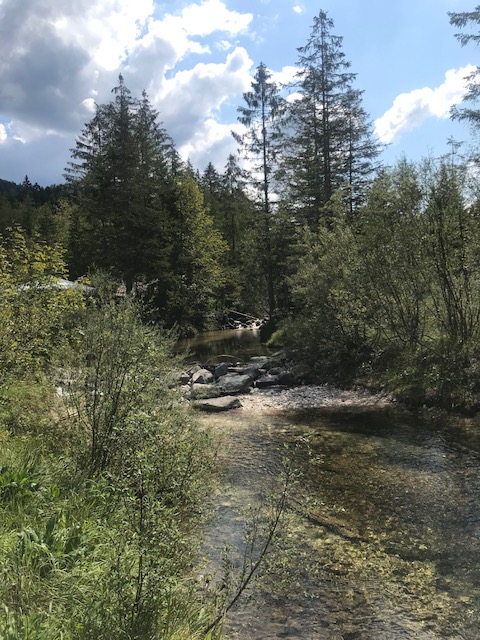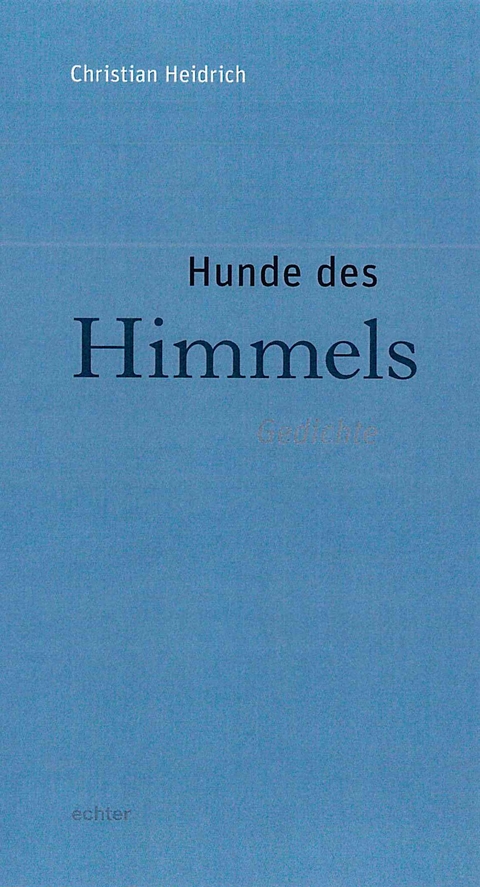My story didn’t begin on the day that I was born. I wasn’t born into an unshaped, formless void. Rather, I was born into a world that had been shaped and formed through millennia by those who came before me. When I first opened my eyes, they didn’t open into blank, empty space; they opened to a world and history to partake of and shape in turn. The world would be here even if I would not. I am not unique.
My story is shaped by the history and stories of those who precede me. Without that history, without those stories, I wouldn’t be who I am today. What I was born into and what has shaped me have its origins in ancient Greece. My thoughts are based on, and serve as extensions of, the thinking that first emerged in ancient Greece. The words I speak embody the elevating principles that first emerged in Athens. The words I write continue a tradition that is more than 2.500 years old. The light from the Acropolis also shines in me.
From the 3rd of November 2018 to the 30th of January 2019, I was in Athens, as I was fortunate enough to be awarded a research stay there by the Danish Institute in Athens. I was to stay at the institute, which is located at the center of the historical Plaka, only a few minutes walk from the Acropolis and the remains of the temple of Zeus.
The purpose of my stay was to work on my dissertation on anxiety in Scandinavian literature, to write an academic article about the representation of eros in the oeuvre of the Danish poet Sophus Claussen and last, but not least, to pursue my own literary ambitions. No less importantly, however, I also intended for my stay to have an element of Bildung: I wanted to go back and explore the historical fundament – literally and figuratively – on which our history and stories are erected. I wanted to see where it all began.
Friedrich Schlegel wrote that „Anyone can find whatever he or she may please in antiquity. Not least one self“. I wanted to explore this thesis. As a member of Arbeit an Europa, moreover, I also wondered how, if at all, I could go back in history to find the inspiration for a new, European cultural identity. Is it still possible to go back in history to find the stuff of which new tomorrows, new utopias are made?
One of the first things that I set out to do as I arrive in Athens is to go to the Acropolis. I’ve visited the site before, but this visit is different. I have become older, and I have become conscious of the symbolic weight of this Periclean rock and temple.
On my way to the Propylaea, the entrance to the high of the hill, as it were, I stop at the Theatre of Dionysus. It is truly fascinating: to think that it was here that the first plays were performed… Initially, I was in doubt as to the correctness of this thought – was it merely the result of a strategic marketing ploy meant to lure credulous tourists in a country on the verge of collapse?
In front of the theatre, however, history lives, and I feel it surging through me: The weathered rocks, the dust… I perceive them there, in front of me, but I feel them crawling up my spine as I become conscious of them. The other tourists fade away and become pale and shadowy. I feel the ground beneath me shaking. It is exactly experiences like this that I’ve been longing for, a longing that simply isn’t satiated by anything in the present.
The ephemeral interests of the present simply don’t resonate with anything in me, but knowing that I am standing in front of the first theatre, on the other hand, does. It was here that the tragedies were performed, here that the festival of Dionysus took place. The theatre could seat 17,000 people. And now I am here. And I can even sit on the very same stones that the Athenians sat on.
Time flies in November. I establish a daily routine. I work intensely on my academic projects in the early hours and in the evening, I stroll around town. I visit Byzantine domes and spend my time looking at their magnificent ceilings, trying to understand the Greek’s devotion to icons. I admire their spirituality. A lady falls on her knees in front of the Virgin Mary. I close my eyes and think of the ones that I’ve lost. Later, I rest at a café with a view to the Agora and imagine Socrates midwifing the poor Athenians on the street. At Piraeus, I enjoy grilled sardines with a view to the Aegean Sea. I visit Aegina and its mountaintop temple, the Temple of Aphaia. From there, you can see the strait where Themistocles trapped the Persians, leading to a decisive victory for the Allies.
I am a radiantly happy tourist in ancient Hellas. I allow myself to be seduced by the historical depth and beauty of the place, to savor the stories of the ages
In December, I walk to the Hill of the Muses, which is located behind the Acropolis. I look at the temples of the hill of the Acropolis. Parthenon just stands there. The scaffolding at the Parthenon annoys me greatly. It ruins the immediate beauty of the sight and moment, and makes me aware that it is an attraction, a sight, to be maintained, so as to facilitate the illusion. How I wish I hadn’t caught sight of the scaffolding. My entire experience is ruined. I realize that what I esteem as the origin, – the very essence of symbolic beauty – today is no more than a must see.
I make my way around the hill, now facing towards the ocean. I look into the horizon and see the ships resting on the calm, silvery ocean. The Aegean Sea. Gazing at the ocean, I come back to myself. My surroundings are uncharacteristically non-threatening. Perhaps it is the light.
The light has a conciliatory virtue to it; it is like a mild, comforting layer over the city. On my way home, I smile at the people passing me on the street. I draw myself up, straighten my back, as it were. My feet walk by themselves, automatically. I am connected to something more, something higher. I wonder if it is possible to re-think the idea of pantheism in the 21st century.
When I am not strolling around town, I read Plato. I need to find a definition of eros. I brush up on the Socratic dialogue. It is in that context that dialectics first emerge as a dynamic concept. The Socratic dialogue is essentially an exercise in the systematic determination of concepts. One raises a precisely defined question about a given matter, after which one attempts to answer the question with as precisely a defined answer, securing understanding, only to proceed to the next step.
The process, not the result, is central and where cognition takes place. This is the fundamental thought underwriting the concept dialektik (adjective: „dia-logos“) in the sense of tekne dialektike („art of debate“). Dialectics is a concept, the impact of which is nothing but spectacular. I wonder what the West would have been like without this concept. It is a concept that we need to re-actualize. It is a concept that ought to be at the centre of European consciousness. Openness to contradictions, a communal strive towards a common understanding. The process, not the result. The art of having a meaningful debate with someone whose opinion differs from yours. This is a constitutive feature of Athenian debate and democracy, and we ought to take it seriously.
It is now January, and my stay in Athens is slowly coming to an end. Strangely enough, I feel as if I haven’t really experienced the city. Do I really have a clue about what is going on in this city, in this country?
The truth is, I don’t. I am still just a easily-impressed tourist, seduced by the glorious history of the place. In actual fact, I have no clue what is going on here, not even about the refugee crisis. I don’t know what the latest news are or the status of the situation. Listening to a podcast, I learn that there are more than 60,000 refugees in Greece, and more than 2,000 unaccompanied refugee minors. There is talk of a “city within the city” – squats, if you like – where volunteers house refugees waiting to move on. The youth unemployment rate is above 50%. Unemployment in general is around 30%. It is a country in ruins, Athens is falling over a precipice. I am reminded of a poem by Michael Choniates, the archbishop of Athens between 1175-1205:
I live in Athens and see Athens nowhere,
Just plaintive dust and hollow blessedness.
Patient city, where is your majesty?
These things have turned to myth and left no trace:
Trials, judges, courts, elections, laws;
The stern persuasion of orators;
The councils, festivals and campaigns
Of those who fought on land or at sea;
The all-abundant muse, the force of words.
All of Athens’ glory is perished,
And no faint token of her can be seen.
I focus on the dismal state of the place. Cripples abound in the streets, the malodour is insistent and inescapable outside of the tourist areas.
I consider contacting the anarchists who house the refugees. The idea of writing an article about the situation in Athens makes me ecstatic, but only shortly. I cannot just come here as a bombastic tourist, pretending to be interested in what is going on, pad a refugee child on her head, only to leave and go back to a comfortable life in Copenhagen.
What, then, can I do?
I can write about why the grand narrative of the past isn’t just another seductive tale – about why it is important. Why is it important to know something about Ancient Greece? What holds Europe together? What is the true cultural heart of Europe?
In my attempt to approach these issues, I decide the to go see what is left of Plato’s Academy, which is located just outside of the city. I hurry through the tourist areas, and before long I am on the bigger roads that lead in and out of the city. The shops here all sell motorized vehicles of one sort or other. I notice a man in one of the repair shops. He is smoking a cigaret and staring into space, presumably waiting for something to do. A handful of young guns with undercuts hang out on one of the street corners, tinkering with a moped and exchanging small plastic bags. I pass an abandoned school with graffiti-covered walls. ANTIFA is all over the place. The gate that serves as the entrance to the school dangles. It reeks of urine here.
I’ve come across descriptions of the area that are, mildly put, unflattering . As I reach the entrance to the park that holds the remains of Plato’s Academy, a pack of stray dogs charge me. I manage to fend them off and walk on.
It is difficult to believe that I am at the right place. I make my way through yet another dangling gate, looking for a sign that can help me locate the remains of the Academy. I find one, though a greatly decayed one.
You cannot sit on the seemingly randomly placed benches here. The paths aren’t maintained but covered in mud. The mud has all but swallowed the empty cans and half-disintegrated cardboard boxes that furnish the place. Here and there is a rotten branch, There are piles of rotten leaves. All is in decay.
I eventually find the bush-covered staircase that leads to the Akademia. The structure, so to speak, of the Akademia is still there, but the stones are covered in green, yellowish moss – and graffiti. Here and there is a torn-up plastic bag, and on one of the benches someone is taking a nap.
The birds are twittering, singing even: the same seemingly blissful song they sang yesterday, and the day before that. But it is a sad song. Sad because it is all that is left in the 21st century of this monument of the hand and the guiding spirit.
I find a bench to sit on and light a cigaret. A man wearing a jogging suit runs by. There’s a playground here. Plato’s Academy has become a muddy playground. Why has this place – this of all places – been left to decay? Why has Plato’s academy been left to vandalism and idle Delinquency?
A man with dreadlocks and headphones walk by. He is walking his dog. The dog pees on a block of stone that is barely visible in the grass. A stone from antiquity? Probably.
Disillusioned, I leave the Academy and make my way back. The poverty of the people is now more evident than ever. There are people manically sifting through trash, houses that are falling apart. I make my way through the streets faster and faster even though I am exhausted. What am I doing? What was I thinking? I look like an idiot, a parody of a semi-intellectual tourist – to have expected to sit under verdant trees, reading Phaedrus in peace and quiet.
My excursion to the remnants of Plato’s Academy changed my thinking about the city. Athens is not only the birthplace of the European tradition. Athens is more than the beautiful symbols of western civilization. The Athens of today cannot be compared to that of yesterday. Today, the city suffers. The city symbolizes the crisis of Europe. The temples remain but the spirit is gone, vanished into thin air.
During the last days of my stay in Athens, I think about what has to be done. What is going to happen to Europe? We have a great restoration project in front of us. The present condition of Plato’s Academy in Athens is an example of the reality that confronts Europeans today.
But it is possible to regain the concepts and values that emerged out of ancient Athens. The hope lies in the resurrection of the European spirit.
Special thanks to René Jensen for his help with the translation!


